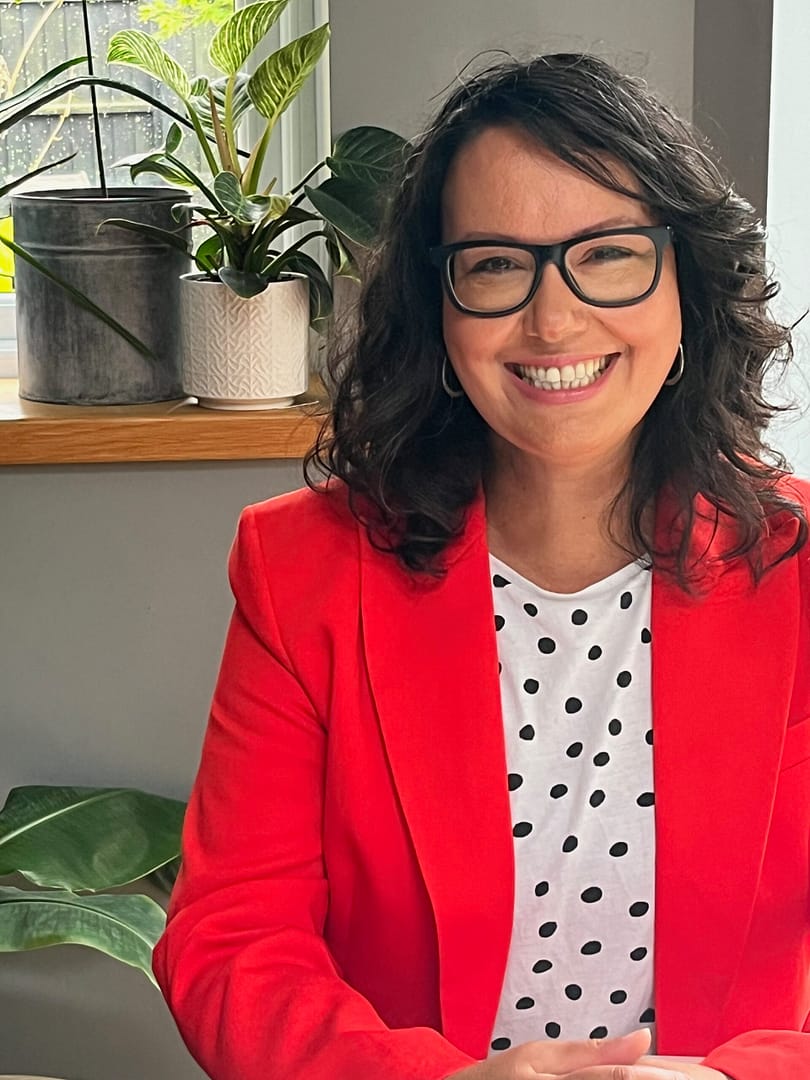Dr Mish Seabrook
“Passionate about your resilience in your professional and personal life.”

Coaching – Coaching can be useful if you are looking for a goal focussed approach, with a clear commitment to moving towards what you want to achieve. Again, Dr Mish will draw on her experience and training, and if you bring your motivation and focus, she will work with you to help you achieve your goals.
Supervision – Dr Mish has always had particular interest in the resilience, wellbeing, and self-care of those who help others in their professional role, so supervision can combine consultation, mentoring and coaching to focus on you being as resilient as possible in your role.
Training/Consultancy – Dr Mish offers bespoke training for organisations on resilience, self-care and stress management. If you or your business need an outside eye on issues around burnout, wellbeing and resilience, Dr Mish can provide one-off or on-going consultancy.
For everything, she offers a free 30 minute ‘meet & greet’ to discuss how she may be able to meet your needs. Head over to her website to book your slot.
Ways to work with me:
• Therapy for stress, depression, and burnout.
• Supervision for professionals who help others.
• Coaching for women wellbeing entrepreneurs juggling life, work, and home.
I am a highly experienced professional who has worked helping others for over two decades, across several helping roles. Working both face to face and online, I’ll work collaboratively with you, and use my expertise to create a bespoke approach, designed to meet your needs as an individual.
Fees:
Therapy –
from £80 per 50-minute appointment – weekly or fortnightly appointments.
Supervision –
from £80 per hour – monthly appointments.
Coaching –
June 2024 onwards – from £120 per 1 hour appointment – fortnightly or monthly appointments.
Training, speaking & professional development:
Contact me for a bespoke quote for your event.
I can speak on areas such as:
stress, self-care, vicarious trauma, burnout, resilience, supervision, goal setting, motivation.
Contact:
drmish@michelleseabrook.co.uk
07541060950
www.michelleseabrook.co.uk
